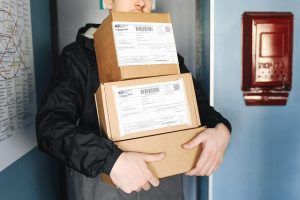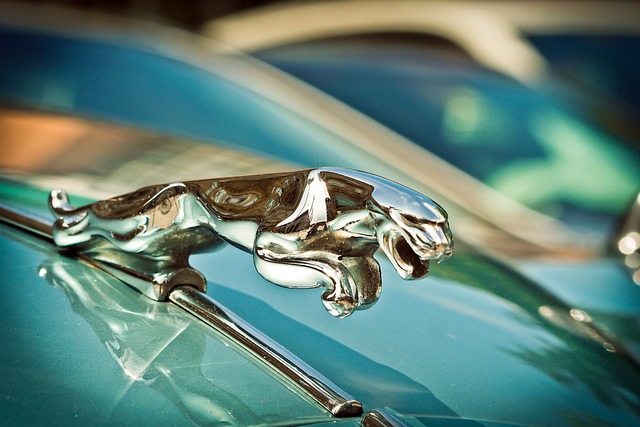By Retailist Editorial Team
Luxury brands have always been known for their exclusivity, premium quality, and exceptional customer service. However, with the rise of technology, the definition of luxury is undergoing a significant transformation. Luxury brands are now incorporating technology into their stores and online shopping experiences to provide customers with a more immersive and personalized experience.
Chanel and Louis Vuitton are two examples of luxury brands that have embraced technology to enhance their retail offerings. Chanel has introduced augmented reality technology in its stores, allowing customers to try on virtual versions of its products and see how they look in real-time. Louis Vuitton has also introduced virtual try-on technology in its stores, allowing customers to see how its products look on them without physically trying them on.
In addition to incorporating technology in their stores, luxury brands are also using technology to enhance their online shopping experiences. Chanel and Louis Vuitton have both launched online stores, providing customers with the ability to purchase products from the comfort of their homes. They have also introduced augmented reality technology in their online stores, allowing customers to see how products look on them before making a purchase.
The digitalization of luxury retail is changing the face of high-end shopping. Customers are now able to experience luxury products in a more immersive and personalized way, resulting in a more enjoyable shopping experience. With the integration of technology, luxury brands are able to provide customers with a seamless shopping experience, whether they’re shopping in-store or online.
In conclusion, the digitalization of luxury retail is a significant trend in the retail industry. Luxury brands like Chanel and Louis Vuitton are incorporating technology into their stores and online shopping experiences, providing customers with a more immersive and personalized shopping experience. The integration of technology is transforming the definition of luxury and changing the face of high-end shopping.
*this article may include affiliate and links to retail and brand partners
Related Articles

Beyond the AI Hype: Why Retailers Are Doubling Down on Real-time Inventory
AI assistants can now take shoppers from search to checkout and breeze right past a merchant’s website. The traditional product discovery and purchasing journey are now happening inside AI channels, and major platforms are all aligning on this new shopping protocol.

How to Manage Your Amazon Seller Account Effectively in 2026?
Learn key strategies for managing your Amazon seller account in 2026, including listing optimization, account health management, inventory control, and advertising.

Transaction-Level Data Is Raising the Bar for Attribution and Accountability
For retailers building or scaling retail media and broader commerce marketing programs, this shift reshapes how audiences should be built and forces a more disciplined approach to transparency and cross-channel accountability.

How Rising Consent Awareness Is Reshaping Customer Experience, Data Quality, and Campaign Performance
It also revealed that another 35% expect to deploy personalized AI recommendations in the next year, as AI moves from pilots into the heart of omnichannel journeys, search and merchandising.


 for the latest news and job opportunities in retail tech
for the latest news and job opportunities in retail tech 